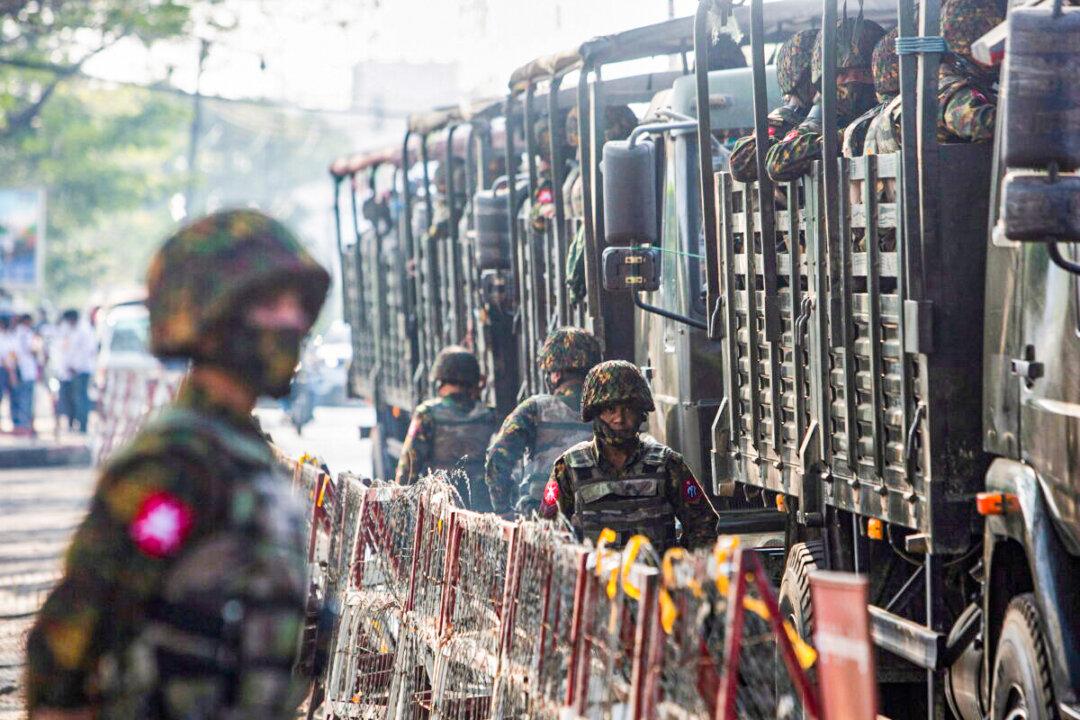China’s foreign minister voiced support for Burma’s “sovereignty” in a rare visit to the military-ruled country on May 2 as Western countries continue to shun the junta for its violence against civilians.
Chinese Foreign Minister Qin Gang began his three-day visit to Burma—also known as Myanmar—on Tuesday, where he met with junta leader Min Aung Hlaing and other military junta officials.





